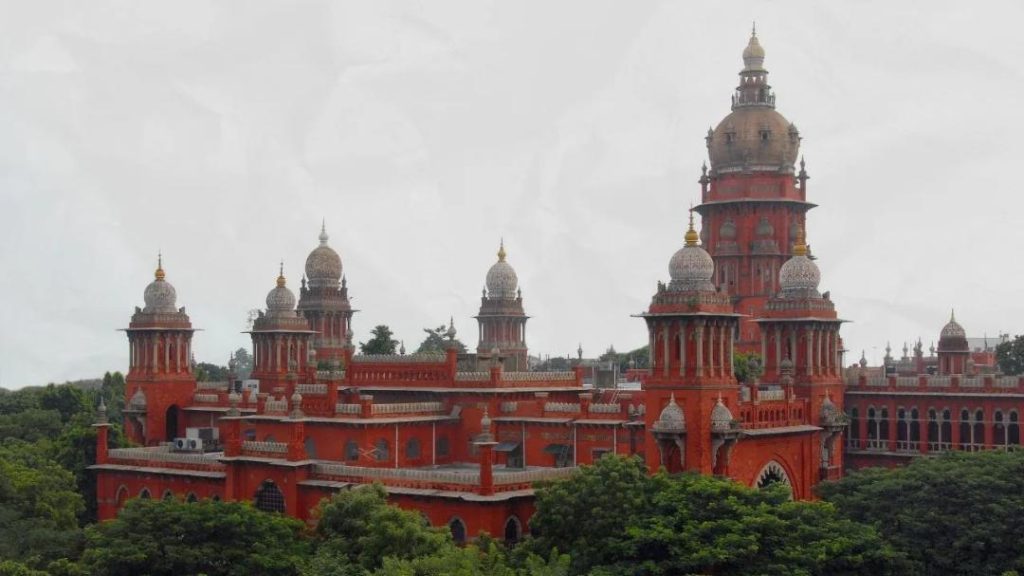
Madras HC asks Centre to explain RTE fund delay to TN
The Madras High Court has directed the Union Government to provide an explanation for the delay in releasing Right to Education (RTE) funds owed to Tamil Nadu. The directive came during a hearing on a petition urging the state to begin delayed admissions under the 25 percent RTE quota for underprivileged students in private schools.
The petition was filed by the Tamil Nadu Parents’ Association, which argued that the state government had failed to utilize the RTE funds provided by the Centre for the academic year 2020-21. The association claimed that the delay in releasing funds had resulted in a significant backlog in admissions, leaving many underprivileged students without access to quality education.
The Madras High Court, while hearing the petition, directed the Centre to explain the reasons behind the delay in releasing the RTE funds. The court also asked the state government to provide an update on the utilization of the funds and the status of admissions under the RTE quota.
The court’s directive comes at a time when education is a major concern in Tamil Nadu. The state has been grappling with issues related to school infrastructure, teacher shortages, and lack of resources, which has led to a decline in the quality of education.
The Right to Education (RTE) Act, which was enacted in 2009, aims to provide free and compulsory education to all children between the ages of 6 and 14. Under the Act, private schools are required to reserve 25 percent of their seats for underprivileged students, including those from SC, ST, and socially and economically backward classes.
However, the implementation of the RTE Act has been marred by several issues, including delays in releasing funds and lack of infrastructure in government schools. As a result, many underprivileged students are forced to attend private schools, which are often unaffordable for their families.
The Tamil Nadu Parents’ Association has been vocal about the need for the state government to ensure that RTE funds are released on time to enable private schools to admit underprivileged students. The association argues that the delay in releasing funds has resulted in a significant backlog in admissions, which has denied many students the opportunity to pursue quality education.
In response to the petition, the state government has argued that it has been facing difficulties in releasing RTE funds due to the Centre’s delay in releasing the funds. The state government has also claimed that it has been working to improve the infrastructure in government schools to provide better facilities for underprivileged students.
The Centre, on the other hand, has argued that it has been releasing RTE funds to the state government regularly. The Centre has also claimed that it has been working to improve the quality of education in government schools, including providing resources and infrastructure to support the implementation of the RTE Act.
The Madras High Court’s directive to the Centre to explain the delay in releasing RTE funds is a significant development in the ongoing debate over the implementation of the RTE Act. The court’s decision highlights the need for the Centre and the state government to work together to ensure that underprivileged students have access to quality education.
In conclusion, the Madras High Court’s directive to the Centre to explain the delay in releasing RTE funds is a step in the right direction. The court’s decision highlights the need for the Centre and the state government to work together to ensure that underprivileged students have access to quality education. The Tamil Nadu Parents’ Association’s petition has brought attention to the issues faced by underprivileged students in accessing quality education, and the court’s directive is a welcome step towards resolving these issues.



